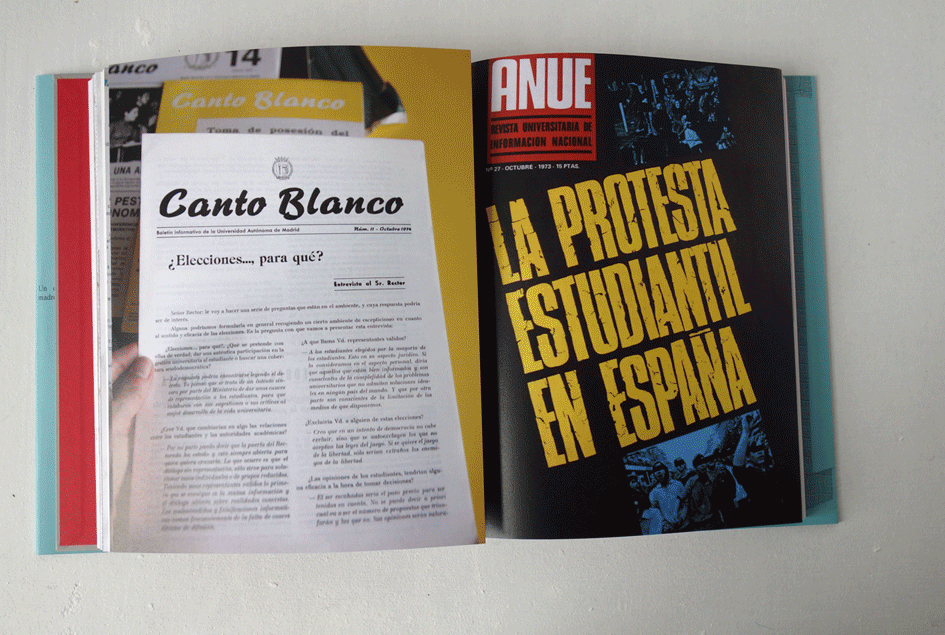«What was forbidden in Spain during the dictatorship?»,
I ask my mother.
She answers:
«Living. And thinking».
These words are the starting point of an epistolary conversation brimming with confessions about our intimacy and daily life over different ages. After ten years of living abroad, this exchange is an attempt to grasp the various narratives that conditioned my upbringing, in a country where Catholic religion and Francoism were the official doctrine until a year before my birth. In this experimental correspondence we each use the language most familiar to us: I draw, she writes. Letters to my mother collects a total of nine letters whose strokes and marks draw unexpected relations.
-
Notions of time, Publication, Contranarratives
I ask my mother.
She answers:
«Living. And thinking».
These words are the starting point of an epistolary conversation brimming with confessions about our intimacy and daily life over different ages. After ten years of living abroad, this exchange is an attempt to grasp the various narratives that conditioned my upbringing, in a country where Catholic religion and Francoism were the official doctrine until a year before my birth. In this experimental correspondence we each use the language most familiar to us: I draw, she writes. Letters to my mother collects a total of nine letters whose strokes and marks draw unexpected relations.
-
Notions of time, Publication, Contranarratives







